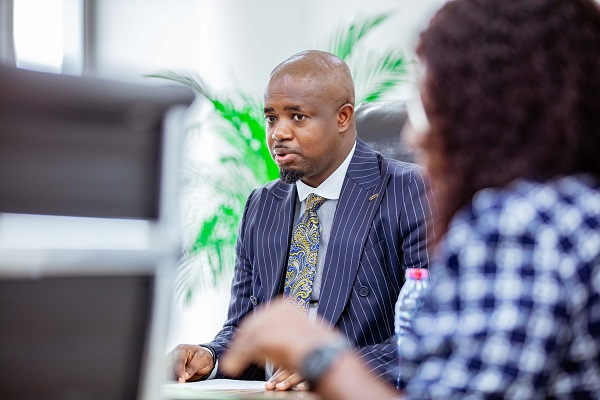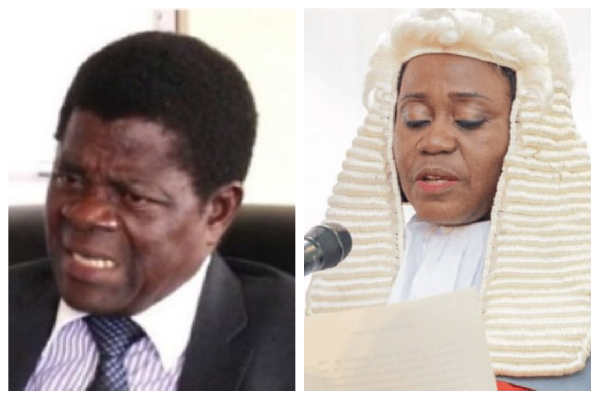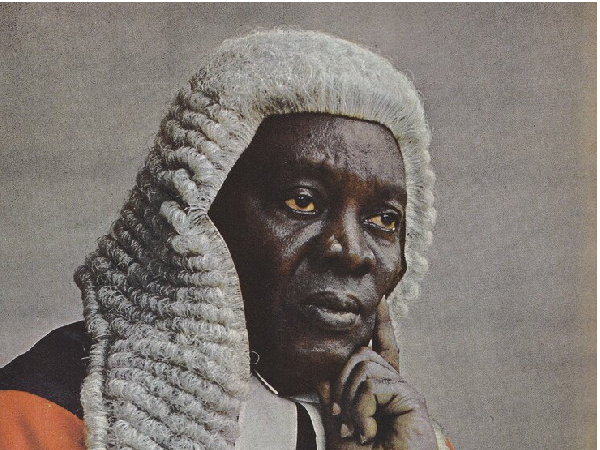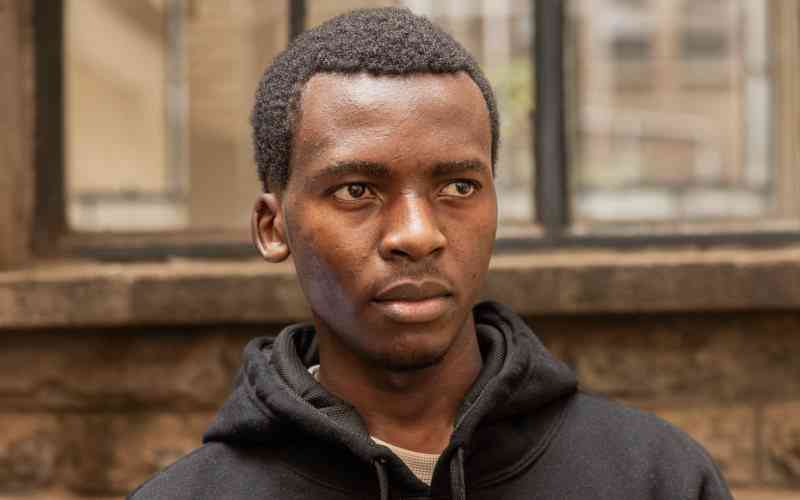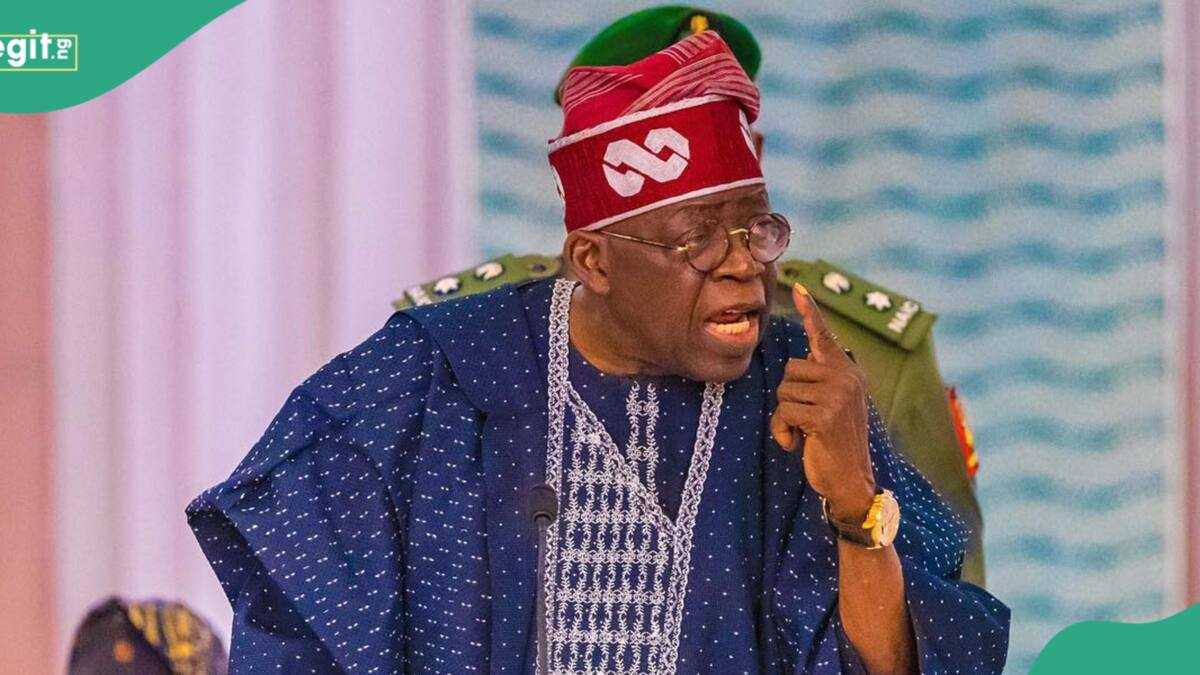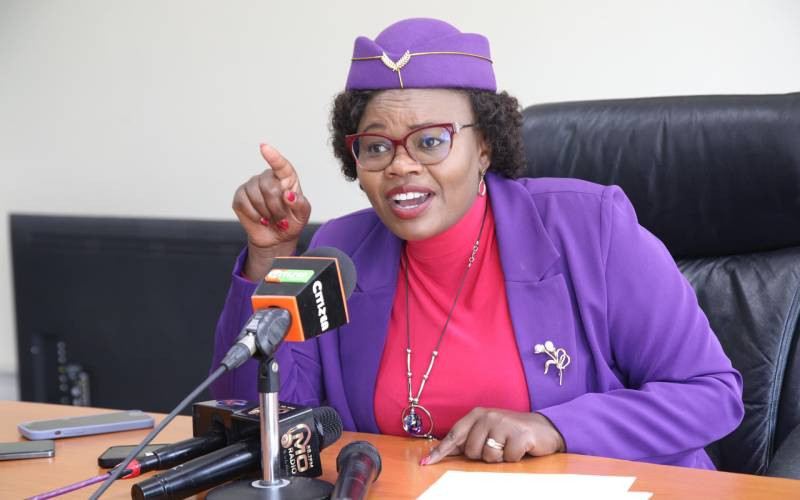Ghana Supreme Court Rules Against Chief Justice Torkornoo in Removal Process Dispute
Ghana's suspended Chief Justice, Gertrude Sackey Torkornoo, faced significant legal setbacks on May 28, 2025, as the Supreme Court addressed her challenges against suspension and ongoing impeachment proceedings. Justice Torkornoo had filed an injunction application seeking to halt these processes, arriving at the Supreme Court accompanied by her husband, Francis Torkornoo, for the hearing.
The injunction application, filed on May 21, 2025, aimed to stop the proceedings of a five-member committee, known as the Pwamang Committee, which was constituted by President John Dramani Mahama to investigate three petitions for her removal. Justice Torkornoo also sought to bar two Supreme Court justices, Gabriel Scott Pwamang (who chairs the investigative committee) and Samuel Kwame Adibu-Asiedu, from participating in the committee's hearings, citing concerns over impartiality. She argued that Justice Pwamang had previously adjudicated cases involving Daniel Ofori, one of the petitioners, and that Justice Adibu-Asiedu's prior involvement in a related injunction application review could compromise his neutrality. Furthermore, Justice Torkornoo questioned the constitutionality of the committee's composition, challenging the eligibility of its three other members: Daniel Yao Domelevo, Major Flora Bazuwaaruah Dalugo, and Professor James Sefah Dzisah, alleging potential breaches of Articles 146(1), (2), (4), 23, and 296 of the Constitution, as well as the Oaths Act of 1972.
A five-member panel of Supreme Court justices, presided over by the Acting Chief Justice, Paul Baffoe-Bonnie, heard Justice Torkornoo's suit. The other justices on the panel were Justice Omoro Amadu Tanko, Justice Yonny Kulendi, Justice Henry Kwofie, and Justice Richard Adjei Frimpong.
In a unanimous decision on Wednesday, May 28, 2025, the Supreme Court dismissed Justice Torkornoo's application for an interlocutory injunction. The court held that the application had no merits. A full written ruling detailing the reasons for the dismissal is expected to be made available on June 12, 2025. Following the dismissal of the injunction, the Court proceeded to hear arguments on the substantive case.
Prior to this, the Supreme Court also struck out a supplementary affidavit filed by Justice Torkornoo on May 26, 2025. In this affidavit, she alleged that her fundamental rights were being violated and described the removal process as a "mockery of justice." She claimed she was subjected to distressing and degrading conditions, including being searched, having her electronic devices confiscated, being denied entry for her spouse and children during hearings, and the hearings being conducted in a high-security zone at the Osu Castle. She contended these actions were a deliberate effort to subject her to mental torture and degrading treatment, worse than that faced by individuals accused of treason, and violated her dignity and constitutional right to a fair trial.
The Supreme Court, in another unanimous decision, struck out this supplementary affidavit. The ruling was based on an application by Deputy Attorney General Dr. Justice Srem Sai, who argued that the affidavit disclosed information from in-camera proceedings related to her potential removal, thereby violating Article 146(8) of the Constitution, which mandates confidentiality in such proceedings. Justice Torkornoo's legal counsel, former Attorney-General Godfred Yeboah Dame, had countered that the affidavit was submitted within a judicial forum and not disclosed to the general public, thus not breaching Article 146(8). However, the court upheld the Deputy AG's objection.
These developments follow President John Dramani Mahama's decision to suspend Chief Justice Torkornoo and establish the five-member committee after a prima facie case was determined in three separate petitions against her. Supreme Court Justice Paul Baffoe-Bonnie has assumed the role of Acting Chief Justice in the interim, in line with Article 144(6) of the 1992 Constitution. The Supreme Court had previously dismissed four other suits challenging the petitions seeking the Chief Justice’s removal.
Commenting on the ongoing situation, former Minister for Trade and Industry, Dr. Ekwow Spio-Garbrah, emphasized that the law must be applied equally, even to the highest-ranking judicial officer. He remarked that the legal process must be respected and that incidents cited must stand unless proven incorrect. While declining to comment on Justice Torkornoo's personal hardship claims, Dr. Spio-Garbrah noted that resignation is a personal choice, and high public officials like the Chief Justice retire on their full salary, questioning the rationale for staying in office unless other privileges were a factor.
The Supreme Court’s decisions on May 28 mark a significant turn in the proceedings surrounding the potential removal of Chief Justice Torkornoo, a case that continues to attract considerable political and public attention in Ghana.
